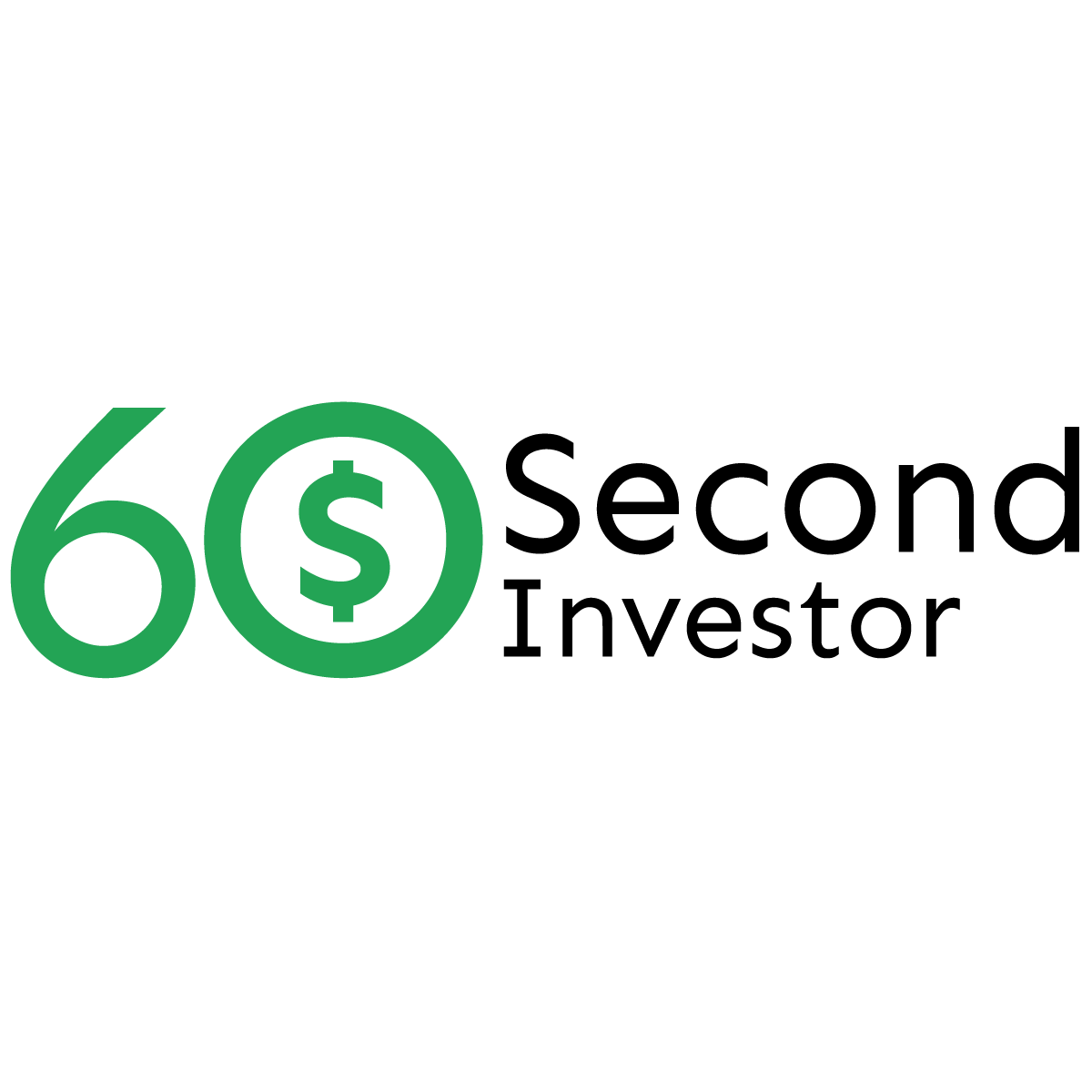New Recession Worry Stalls Dollar Express but Doesn’t Derail It

New Recession Worry Stalls Dollar Express but Doesn’t Derail It
Today’s Financial Markets Highlights
- • With light news, the markets are largely consolidating today. The dollar is mostly trading inside yesterday’s ranges.
- • Yesterday’s poor US data played on growth concerns but, judging from the Fed funds futures, did not alter expectations for next month’s FOMC decision, where the market leans toward a 75 bp hike.
- • The Chinese yuan fell to new two-year lows today, but the offshore yuan did not. The PBOC’s dollar reference rate spurs near-term cautiousness.
- • In addition, to the energy crisis, extreme weather, and a seemingly recession-bound economy, next month’s Italian election is also a risk. Italy’s premium over Germany does not reflect current or anticipated inflation. It is performing better than Germany on those metrics.
- • The US reports July durable goods orders today. The real sector data, outside of housing, are holding up better than the survey data. Durable goods orders will likely be flattered today by armaments and Boeing orders.
- • Mexico’s first half of August CPI is expected to have accelerated, keeping Banxico on track for a 75 bp hike next month.
Overview:
A simply dreadful flash US PMI stopped the dollar’s four-day rally in its tracks. It followed news that the eurozone, Japan, and Australia’s composite PMIs are below the 50 boom/bust level. However, the dollar recovered, even if not fully as the market seemed unconvinced that the data could change Fed Chair Powell’s message at Jackson Hole on Friday. A consolidative tone is evident today. Asia Pacific equities were mixed. China and Hong Kong fell more than 1% while South Korea, Australia, and India posted gains. Europe’s Stoxx 600 is off for the fourth consecutive session, the longest spill in a couple of months. US futures are straddling unchanged levels. The US 10-year yield is around 3.04%, little changed, while European benchmark rates are 2-4 bp higher. Japan’s 10-year yield edged up near 0.22% and is once again drawing close to the cap. Gold is firm near $1750, but unable to build much on yesterday’s nearly $12 rally. October WTI is extending its rally since the Saudi’s threatened to reduce supply and Israel is pushing back against the US-Iran deal. US natgas fell 5% yesterday and is about 1.75% firmer today. The European natgas benchmark has jumped almost 7% today to recoup fully yesterday’s 6.5% pullback, which snapped a four-day rally. Iron ore rose 0.5%. It was the third advancing session, the longest rally this month. September copper is giving back about half of yesterday’s 1.2% gain. September wheat is up 2% to bring the gain to 9% since last Thursday.
Asia Pacific
In addition to the usual corporate analysis and credit, ESG ratings and investment orientation have become increasingly important. However, the meaning of ESG and ratings not uniform. Arguably, it is where “organic” was a couple of decades ago, and it is still evolving. Some of dismissive and suggest it is a “woke” fad. Japan’s Government Pension Investment Fund (GPIF), the largest pension fund in the world, reports that seven of the eight ESG funds it invests in beat the benchmarks in the fiscal year that ended in March. Over the past five years, it said that all eight funds have outperformed.
Since US Pelosi’s visit to Taiwan, a few other US elected officials have visited Taiwan. UK officials and Japanese officials have either visited or planned to visit Taipei. China has continued its aerial harassment of the island. and repeatedly crossing the median line in the Taiwan Straits. In a recent report, the Atlantic Council argued that one of the lessons from Ukraine, is that the US “strategic ambiguity” is not an effective deterrence, and that the US should be unequivocal in its support. These developments, alongside reports that US military advisors have been in Taiwan since before the 2020 election and the number of “misstatements” by President Biden that were clear signs of support that were “walked back”, all play into the hardliners in Beijing who think the US is trying to change the status quo. Congress is considering a bill that would codify some of it. The US strategic ambiguity is ostensibly not about one-China but on how the US would respond to Beijing’s use of military power to unite the country. This was not meant to deter China as the military planners would have to game out the US response no matter its declaratory policy. The chief function is to deter Taiwan from declaring independence unilaterally and dragging the US into a war of its making. However, Taiwan, as it stands now, is not a member of organizations based on state sovereignty, like the UN and IMF. The bill that is likely to get more attention in Q4 proposes to recognize Taiwan as an important non-NATO ally and seek to promote Taiwan’s membership in international forums. Both sides are giving the other reason to think that they are trying to change the status quo.
The dollar is in a narrow range against the Japanese yen today of around a third of a yen on either side of yesterday’s settlement, which was slightly above JPY136.75. US yields are slightly softer, and the dollar is closer to session lows (~JPY136.35) in the European morning. The greenback can spend the North American session on the JPY136-handle. The Australian dollar is also in a narrow range as the market awaits fresh news. It has spent most of the local session and the European morning below yesterday’s $0.6930 settlement. Meanwhile, the greenback has edged higher against the Chinese yuan. It made a marginal two-year high almost at CNY6.8680. In the past two week, the yuan has fallen by a little more than 2% against the dollar, which has risen broadly. The setting of the PBOC’s reference rate today could be the first sign that officials want the market to go slowly. The dollar fix was at CNY6.8388, a wider than usual gap and below the market (Bloomberg survey) estimate for CNY6.8511. Of note, the US dollar did not make a new high against the offshore yuan today. Yesterday’s high of almost CNH6.8850 held.
Europe
On top of the energy crisis, and extreme weather, an economy seemingly slipping inexorably toward a recession, while inflation is still accelerating, Italy’s national election is a month away. The three-party alliance on the right continues to dominate drawing about 47% support. The Brothers of Italy remains the largest, accounting for a little more than half that support. Many observers assume that the success of the right reflects a shift in the Italian politics. However, the simpler explanation is the disarray of the center-left. The Democratic Party draws second highest support, less than half a percentage point (within the margins of error) of the Brothers of Italy. The problem is that the center-left has been unable to form a pact like the right has done. The once populist power, the Five Star Movement, the largest party in the current parliament, appears to have lost its way, a partly the cause and effect of its fragmentation. There are several other small groupings that would be more at home with the center-left but have been able to coalesce into an alliance. Still, it is notable that Brothers of Italy leader Meloni argued for more Europe in her debate with the Democratic Party leader Letta. Letta sounded like the nationalist, advocating a temporary price control for gas. Meloni backed an EU-wide cap, which Draghi supported. As Benjamin Franklin told the thirteen colonies on the east coast of the North American continent they prepared to fight against the greatest empire at the time, “hang together or hang separately.”
Italy’s 10-year premium over Germany is near 2.35%. It reached a two-year high in mid-June slightly above 2.40%. In late July, it also tested 2.40%. Italy offers around 100 bp more than Germany for two-year borrowing. The peak since the Covid panic in March 2020, was set late last month near 1.30%. The extra that is demanded from Italy is not about inflation. Italy’s two-year breakeven (difference between the conventional yield and inflation-protected security) is about 4.40% compared with Germany’s two-year breakeven near 7.10%. Italy’s 10-year breakeven is slightly below 2.25%. Germany’s is near 2.45%. Both report August’s EU harmonized CPI next week. In July, Italy’s inflation stood at 8.4%, just below Germany’s 8.5%. Not only is Italian inflation lower than Germany’s and is expected to remain so, but it is also growing faster. On a workday adjusted basis, the Germany economy grow 1.4% year-over-year in Q2. Italy expanded by 4.6%.
The UK’s online paper, The Independent, reported that UK imports from Russia have plummeted by nearly 97% since the invasion. They totaled GBP33 mln in June, it noted, citing data from the Office of National Statistics. The collapse reflected government sanctions and actions of companies seeking alternatives to Russian goods beyond the official sanctions. Today’ s is Ukraine’s Independence Day and marks the sixth month since the Russian invasion. Reports suggest the US will announce a new $3 bln arms package for Kyiv.
The euro was squeezed to almost $1.0020 yesterday after the disappointing US data, but it was short-lived, and it finished the North Americans session near $0.9970. The single currency is in about a third of a cent range today and has not been able to resurface above $1.0, where there are large options that expire there tomorrow (2 bln euros) and Friday (1 bln euros). An expiry today for 720 mln euros at $0.9950 has likely been neutralized. Sterling traded in a broad range yesterday (~$1.1720-$1.1880) and exceeded both sides of Monday’s range. However, the close was neutral, well within Monday’s range, which set the tone for today’s quiet session. Sterling has been confined to less than half a cent range above $1.1800. It settled near $1.1835 and has spent most of the Asian session and the European morning below it. The next level of support is seen in the $1.1760-80 band.
America
There can no explaining away the weakest composite US PMI since May 2020 and drop in new home sales five-times more than the median forecast in Bloomberg’s survey. Yet did not seem to be bipolar as conventional wisdom has it, swinging between recession and inflation anxiety. The implied yield of the October Fed funds contract rose two basis points to 2.95%, unchanged on the week. Another way to look at it, the odds of a 75 bp hike in September stands at almost 60% compared with 52% at the end of last week and slightly less than 50% the prior week (August 12). Nor did equities recover from Monday’s gap lower opening. Indeed, while the S&P 500 and NASDAQ largely traded within Monday’s range, the Dow Industrials continued to sell off. It is approaching the (38.2%) retracement of the rally off the mid-July low (~30144) found near 32700. A similar retracement in the S&P 500 is near 4095. The NASDAQ found support near its retracement around 12350.
The US reports the preliminary estimate of July durable goods orders. The real sector data has held up better than the survey data. One element of durable goods orders that may not be appreciated by economists yet is what appears to be a surge in US arms sales abroad. There seems to be a synchronized arms build-up and demand for US-made weapons is clear. Separately, today’s report will be flattered by the jump in Boeing orders. The company reported 130 orders last month, the most since June 2021 after 50 orders in June. Of those orders 27 came from foreign companies up from 20 in June, and the most since January. On the other hand, its deliveries fell to 26 from 51, the least since February.
The focus is on the Fed’s Jackson Hole symposium that begins tomorrow. Fed Chair Powell is set to speak Friday (10 am ET). Some observers expect him to play up the element in the minutes that recognized the risk that the central bank would tighten too much. However, in the minutes, it was set up in contrast to the bigger risk that inflation getting embedded into business and household expectations. We recognize the market’s penchant for reading/hearing a dovish twist to Powell and the Fed even though they are tightening policy faster than most observers had imagined even a few months ago. The pace of the balance sheet adjustment is also set to double starting next month. Separate from the FOMC minutes, the minutes from the discount rate meeting were reported yesterday, and both the Minneapolis and St. Louis Feds called for 100 bp hike in the discount rate before the July 26-27 FOMC meeting but did not convince their colleagues. Nine favored a 75 bp increase, while the KC Fed called for a 50 bp increase. George, the President of the KC Fed supported a 75 bp increases in the Fed funds target at last month’s meeting.
The US dollar posted a big outside down day yesterday against the Canadian dollar, trading on both sides of Monday’s range and settling below Monday’s low. However, there has been no follow-through today and a consolidative tone is evident. It settled near CAD1.2955 and has spent no time below it so far today. It has been capped around CAD1.2985. With softer equities, we ae inclined to see the greenback push back above CAD1.3000 and see resistance near CAD1.3020-30. The US dollar fell yesterday for the second day against the Mexican peso. Its 0.80% drop was the most in nearly two weeks. Selling today has extended its loss to around MXN19.9365, a four-day low. Mexico reports CPI for the first half of August. It is expected have accelerated, with the year-over-year rate rising to 8.55% form 8.14%. The core rate is seen slightly above 7.8% from 7.75%. The central bank meets late next month and another 75 bp hike seems most likely.
Managing Director
Bannockburn Global Forex
www.bannockburnglobal.com
20220824








